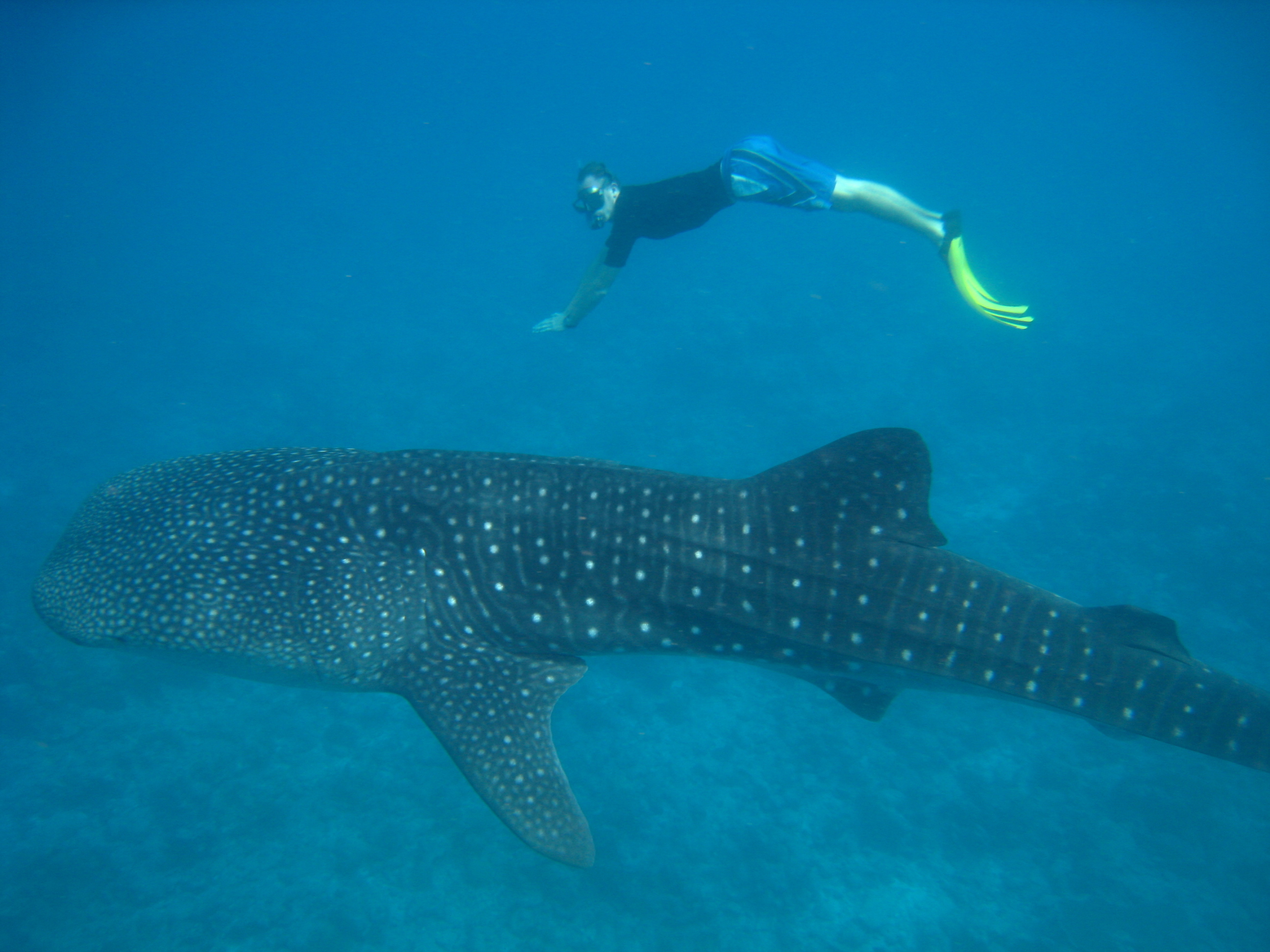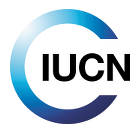Jim has been with the MWSRP since its inception and as our Operations Manager has quite a job making sure everyone, and everything, runs smoothly and is in the right place at the right time!
1. How did you get a job with the MWSRP?
I know the founders really well!
2. Did you always know that you wanted to work in marine conservation?
Pretty much, yep. Though one of my first words was ‘zoologist’ and that was my first love. My father is a biologist in all but title I was definitely influenced by that. I grew up wondering around the woods in Wales doing stuff like looking for birds nests then ID’ing the species with my field guide. Cool kid hey?! I was the one who got gifts like a sponsorship of an elephant orphan for Christmas. But then I was also extremely lucky I travelled to Africa a few times when young and things like that sponsorship turned into a trip to actually go meet that baby elephant and see the work of organisations like the Daphne Sheldrick Wildlife Trust. It blew my mind! But I also grew up by the sea, was scuba diving by age 7 (with a rope around my waste and my dad holding the other end on shore!) and more and more I figured that’s what interested me. So a marine biology degree was inevitable and then I got luck enough to head straight to the Maldives after that and not looked back since!
3. What has been your most memorable experience whilst working for the MWSRP?
The very early days, back when we slept rough on the deck of an airport transfer ferry we’d chartered for weeks at a time to do the initial surveys of what is now SAMPA are fond memories. But I think the experiences when we set up the volunteer programme to get the help and funding we needed to carry on are the most memorable. I can to this day still remember the names and personalities of every volunteer that shared time with me out there! We did some things back then which probably wouldn’t look good on a risk assessment form nowadays!
4. What has been the funniest thing that has happened to you whilst working with the MWSRP?
Oh definitely the time I jumped off the roof of the research boat to cool off after a fruitless day searching for sharks only to come back up to the surface and have a whale shark bury it’s head in my lap! Freaked out! Water in my eyes, no mask, no fins and something massive rubbing up against my chest, stomach and top of my legs. It had been hiding under the boat, we had no idea it was there and he just popped out to say hi when I landed in the water. It turned out to be a new shark, WS209, Kuda Handi or ‘Little Monster’ as I named it for scaring the bejeezus out of me! In the encounter database, the behaviour of the shark that day is innocuously labelled ‘Inquisitive’. Ha! Yeah it was!
5. What is the most rewarding aspect of your job?
Without doubt it’s watching how bit by bit, monotonous data entry by monotonous data entry, the Programme, the data set and the understanding from emerging patterns grows. Like how you put a few quid aside each month and are pleasantly surprised when you check your savings account; we and the wonderful contributors of the BFN put a few encounters worth into the database most days and now all of a sudden we’re closing up on 6000 encounters recorded and have a grasp on demographics, movements, injury rates, residency times, growth rates etc. We release all our findings each year in our Annual Reports and the data is there on the portal freely accessible to our contributors, so we’re happy that we can share what we are finding out too. It’s really cool to get feedback from people who follow the Programme who have enjoyed learning something new because of our work.
6. What is so special about whale sharks?
You seen one?! Big, beautiful, powerful and graceful sharks. Does it get much better?! And with all that a certain mystery because so little is actually known about them. To an inquisitive scientific minded person that’s catnip.
7. Apart from whale sharks what is your favourite marine animal and why?
Bit of a funny one this as it’s kind of at the extreme other end of the scale to whale sharks, but I do have a bit of a fascination for shrimp gobies. I’m really interested by cryptic species and also commensal & mutualistic behaviours. Each one of these little animals is cool in their own right, but when they come together it’s what I find amazing. So the goby is pretty much defenceless, can’t dig a hole to save its life but has good vision. In order to stand a chance, it teams up with a shrimp species which digs relentlessly but is blind and so is at risk of getting eaten every time it wonders out of its hole to deposit the sand it has shifted. The two species work together, with the goby sitting at the hole entrance looking out for danger and with the shrimp keeping one of its antennae on the tail of the goby at all times. If danger is sighted, the goby twitches its tail, the shrimp knows to dive into the hole it made and the goby follows right behind it. Both survive where if they’d been alone both would have been eaten. All this evolution and interest happens on sandy lagoon floors sometimes right by the beach we sit on sunbathing. I have spent many, many hours holding my breath waiting for them come back out of their hole and trying to get a shot of both pairs of shrimps and gobies together!
8. If you were going on a month long whale shark expedition what is the one thing you would take with you?
Suncream. I’m Welsh, so the sun and I are not mates. I’ve learned that I shall never be a ‘Mediterranean brown’. Other than that, I’d have to say a good underwater camera and the worlds supply of memory card space. Nothing worse than having to filter pictures on your camera screen to make space when you’re not sure which could be a beauty with a bit of editing!
9.
If you could have one superpower what
would it be and why?
Easy – breathing underwater. It’s so inconvenient and a real detriment to good data having to come up!
10. What’s the one thing you’ve learned whilst working with MWSRP that you’d pass on as a tip to an aspiring marine biologist?

Marine conservation is sadly not a place that makes people wealthy. Even financially surviving to continue your work is a real challenge. So if you get a chance to join a study or a field trip or whatever, take it and learn, network with the team leaders and other scientists and make yourself invaluable. DON’T SEE IT AS A HOLIDAY! You’re much more likely to be offered another trip or even a role on the team if you have that attitude and the abilities to match. And once you’ve been on a few, have started to specialise and know some people, then you can start making a career out of things as people will want you on board.

